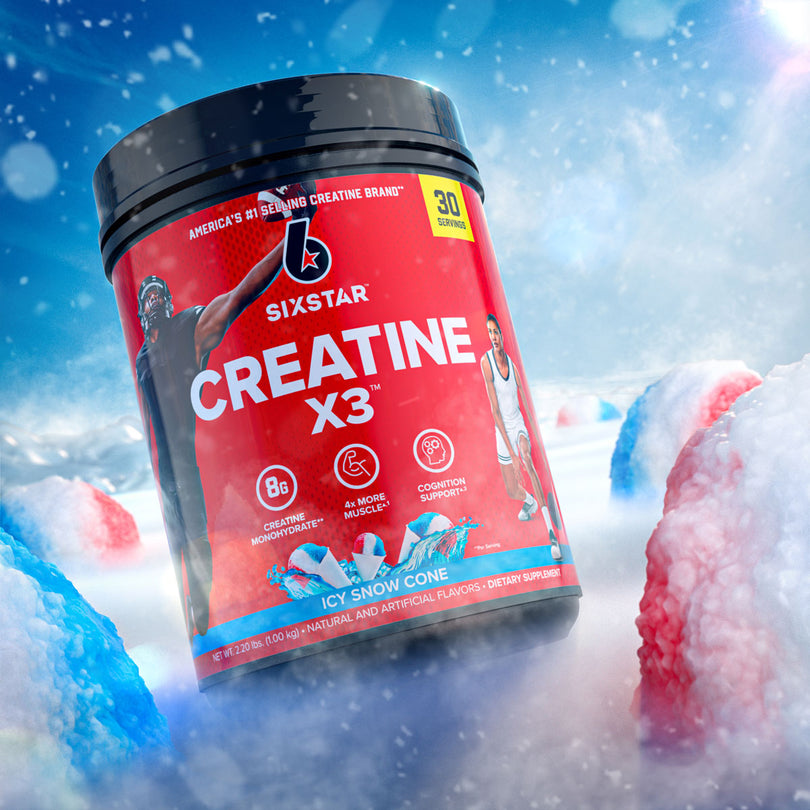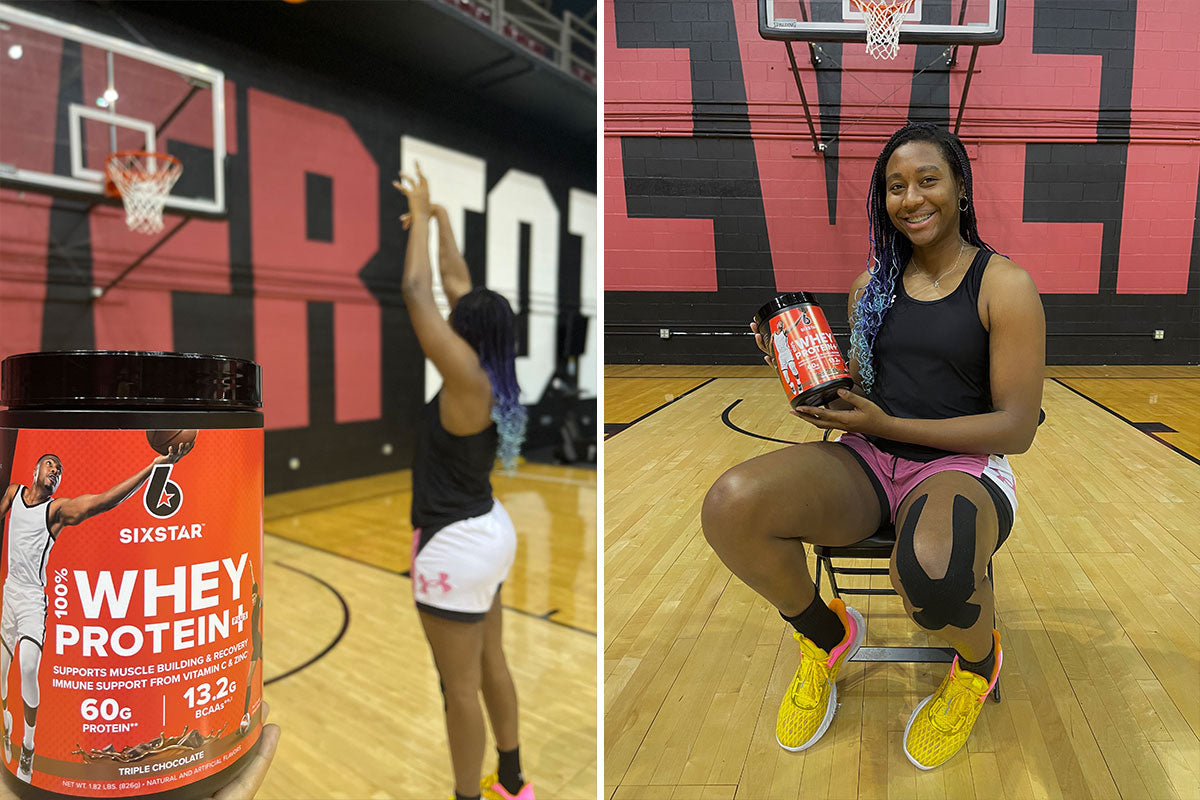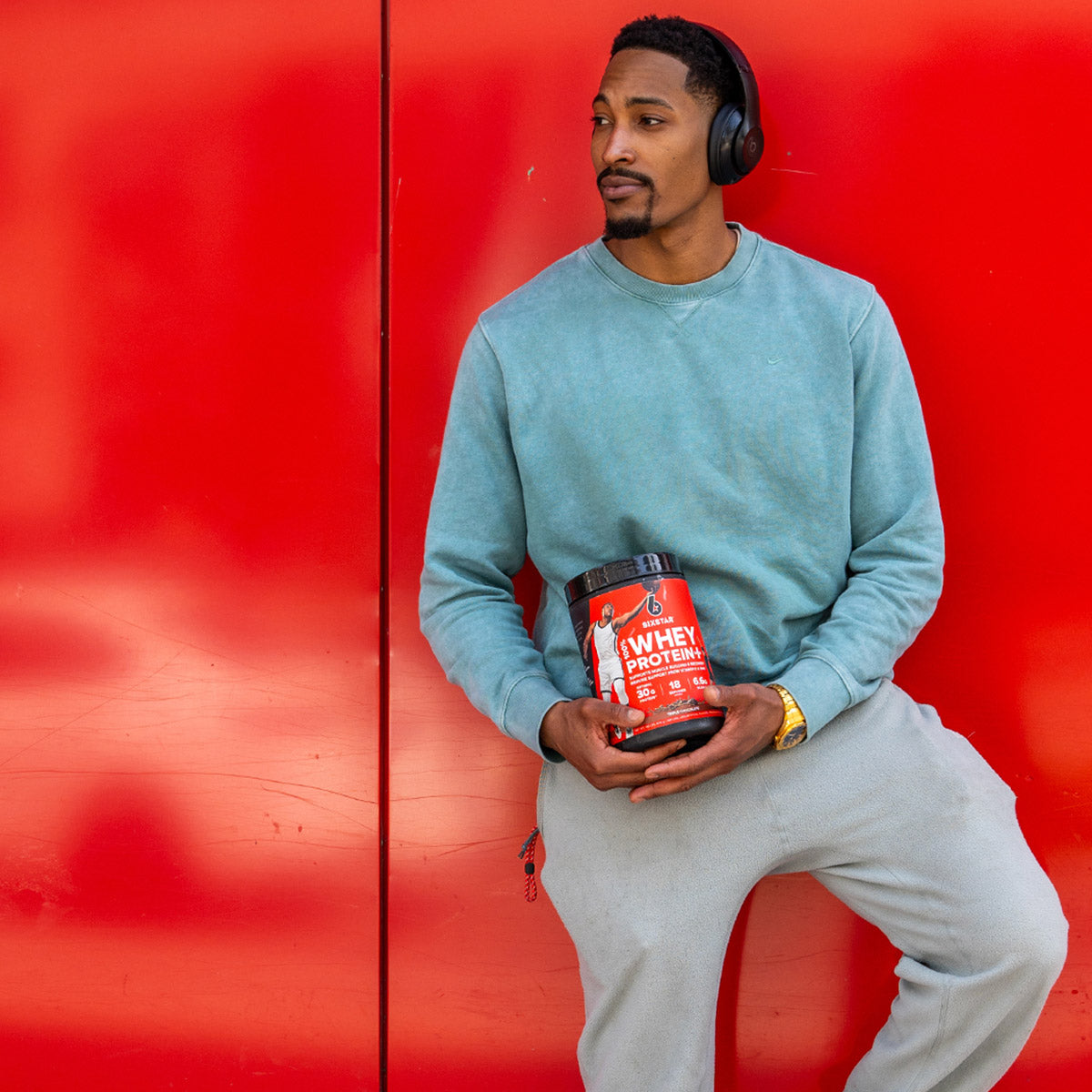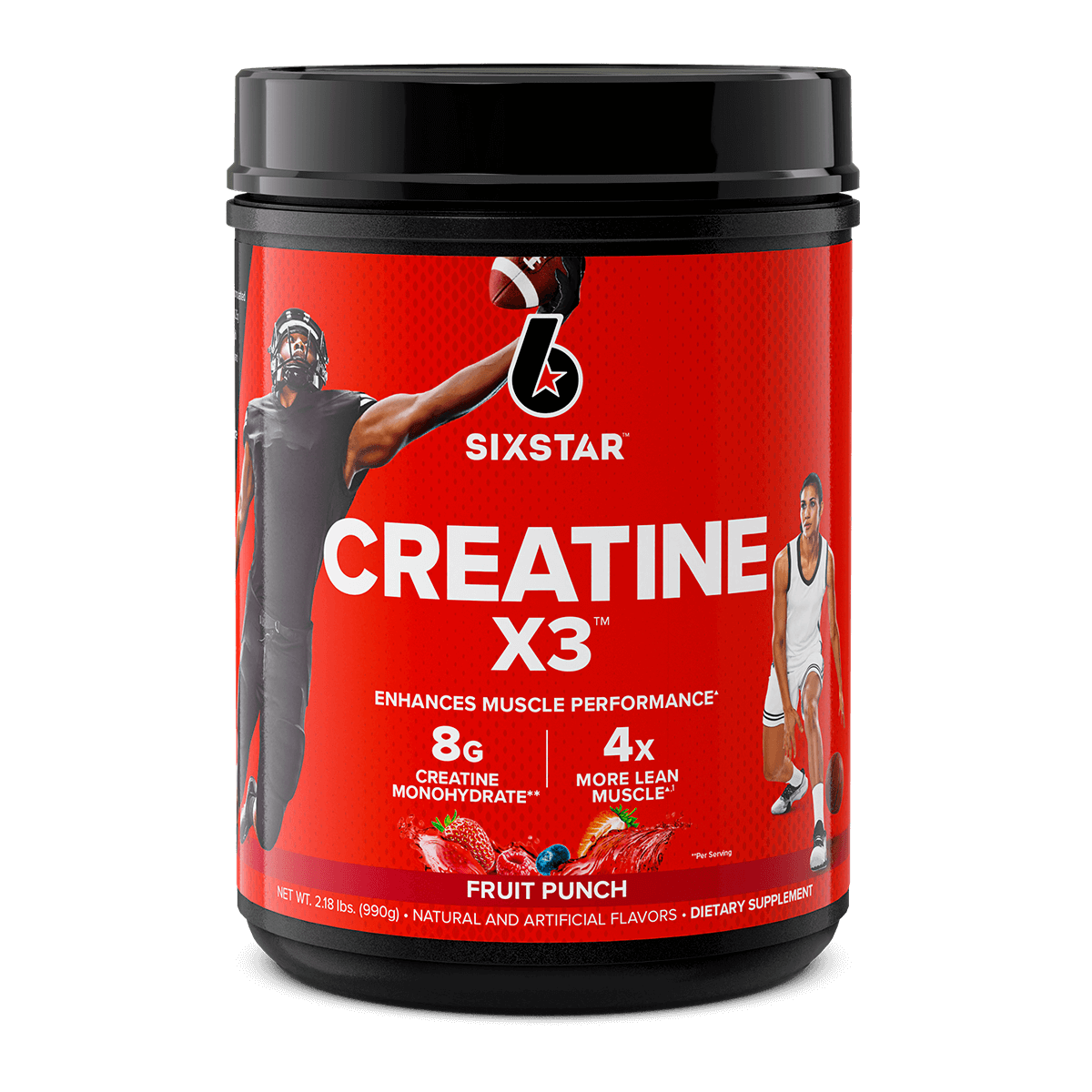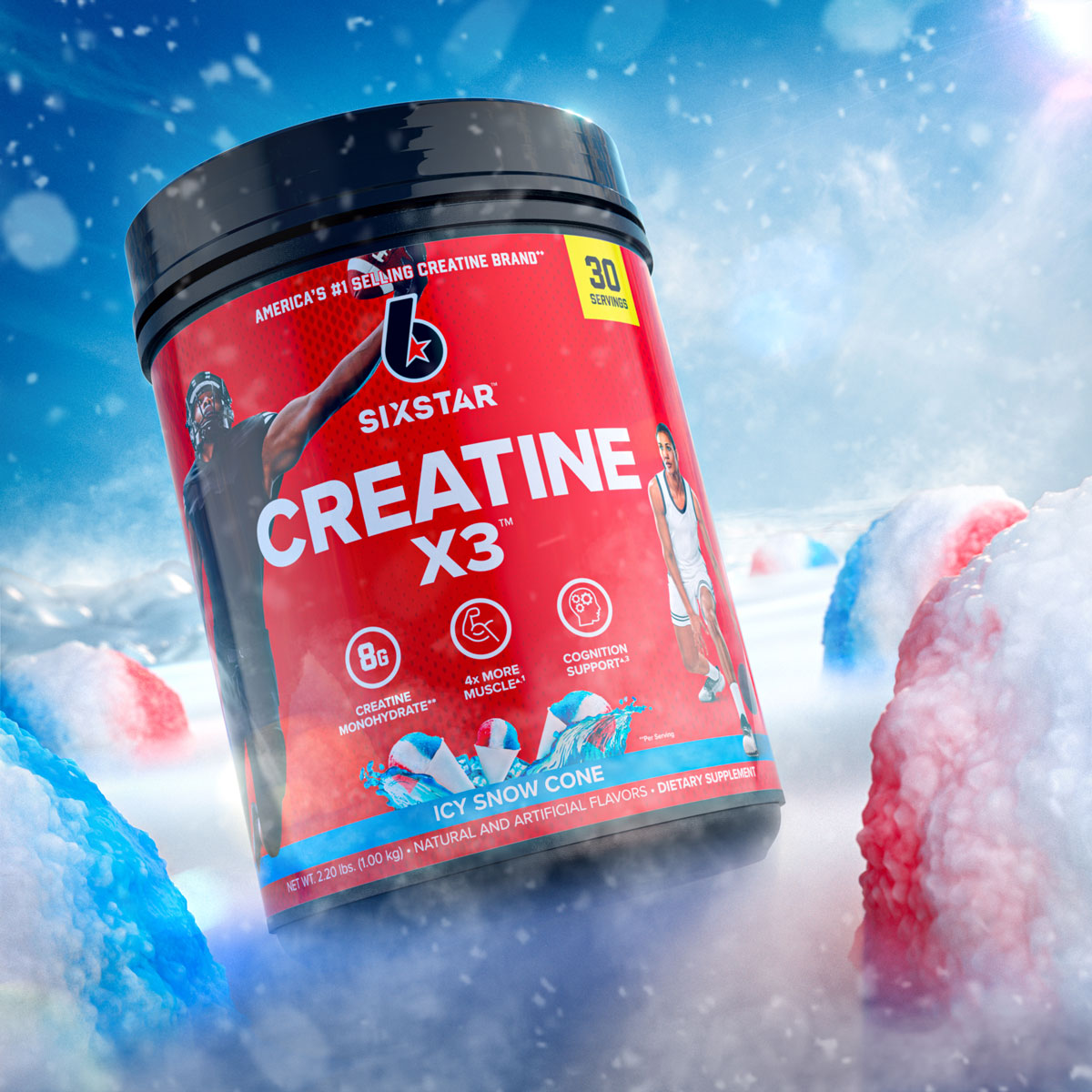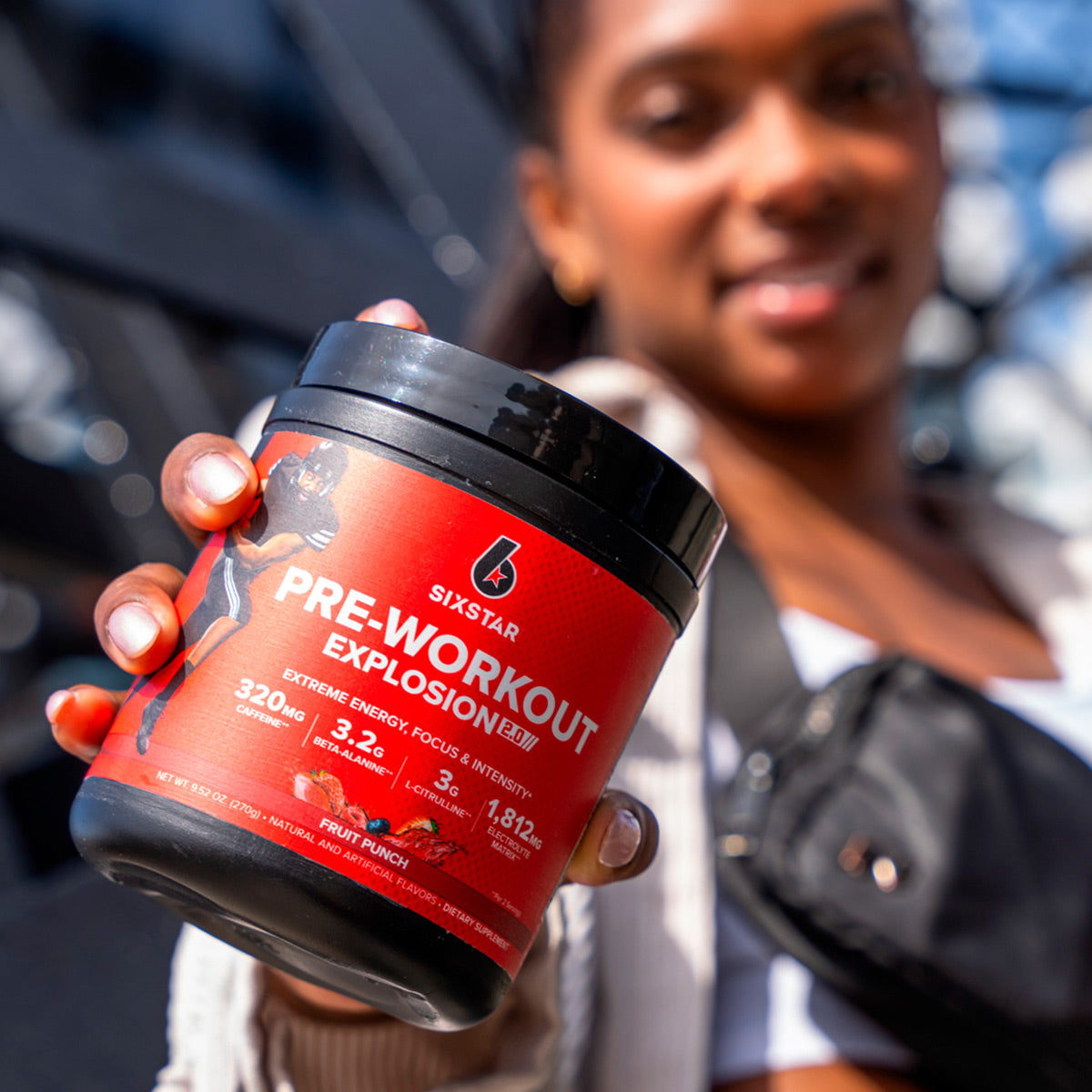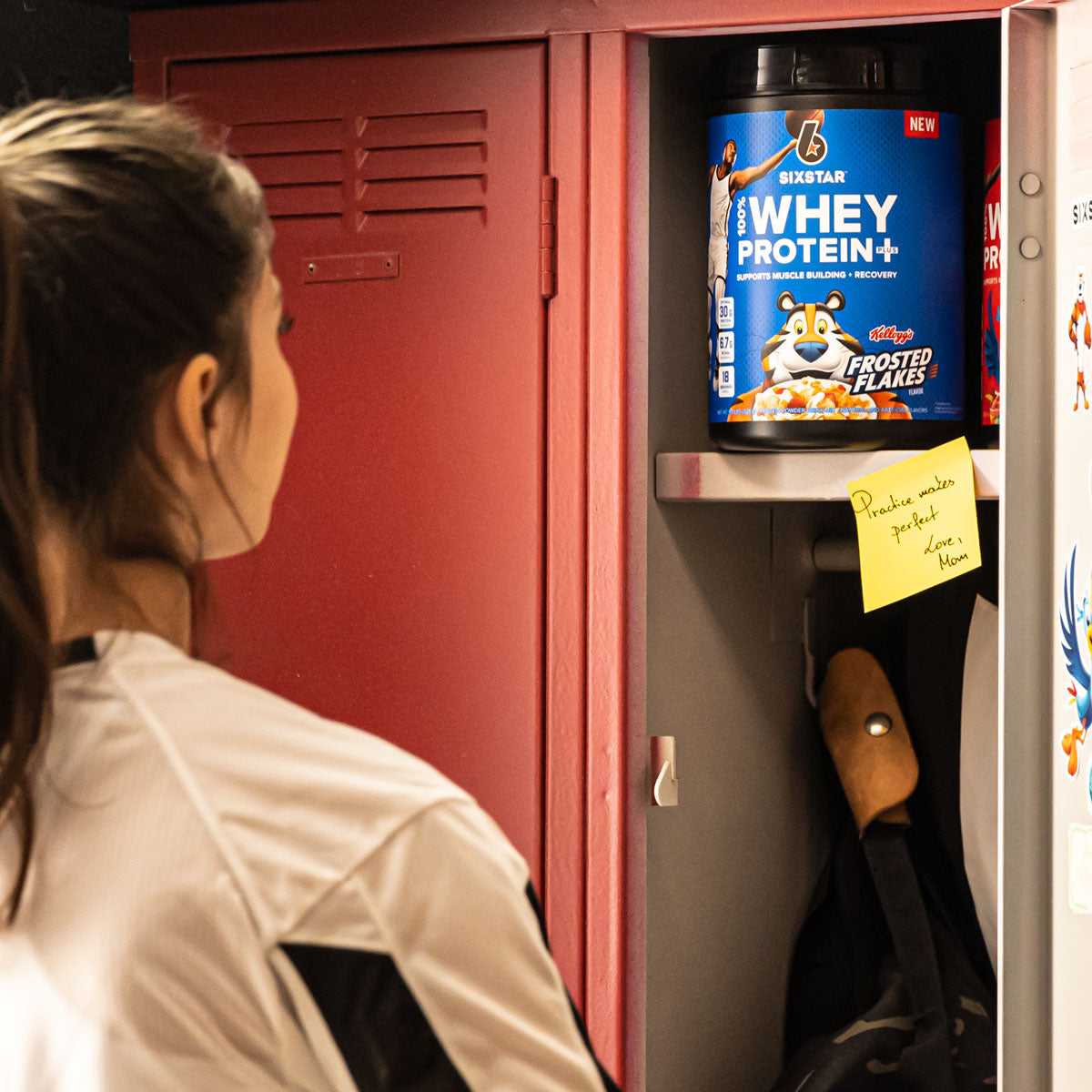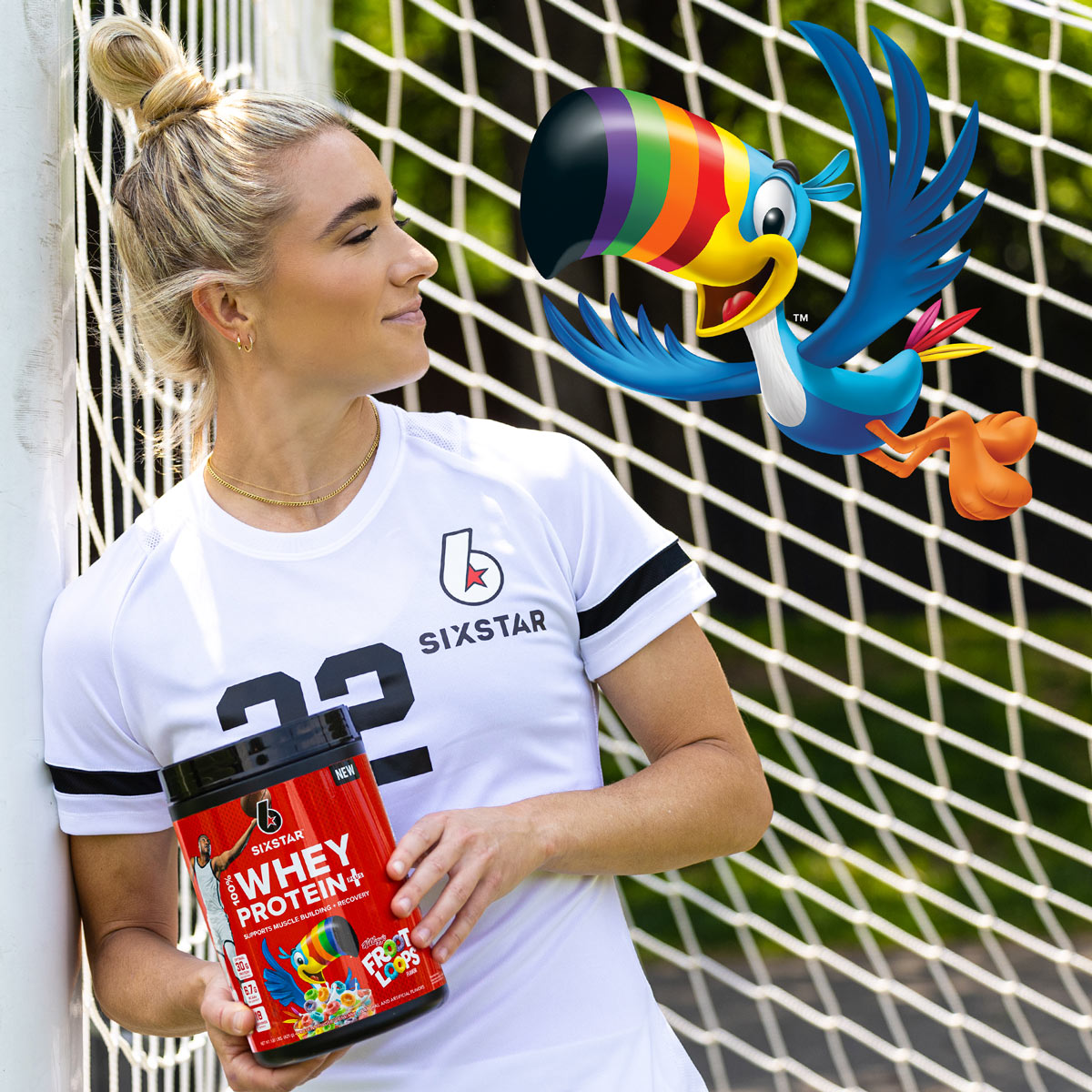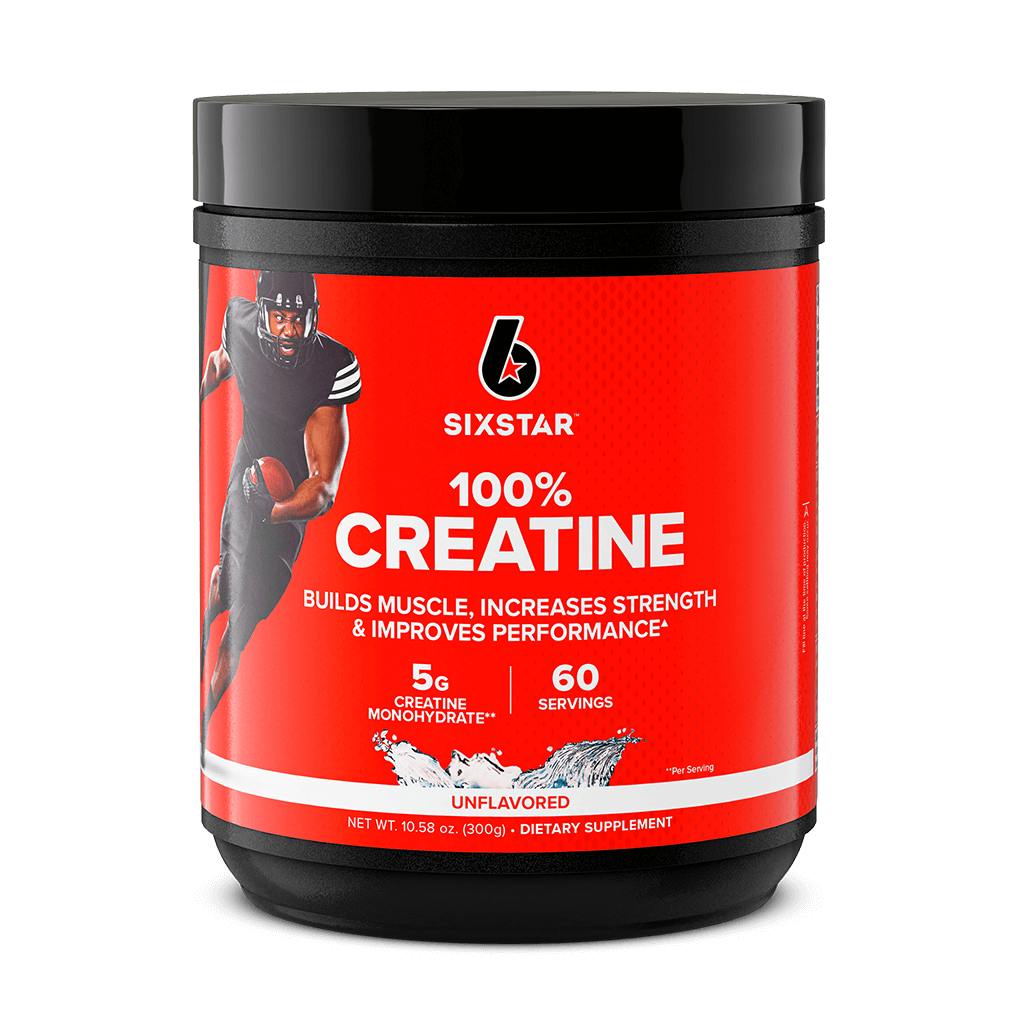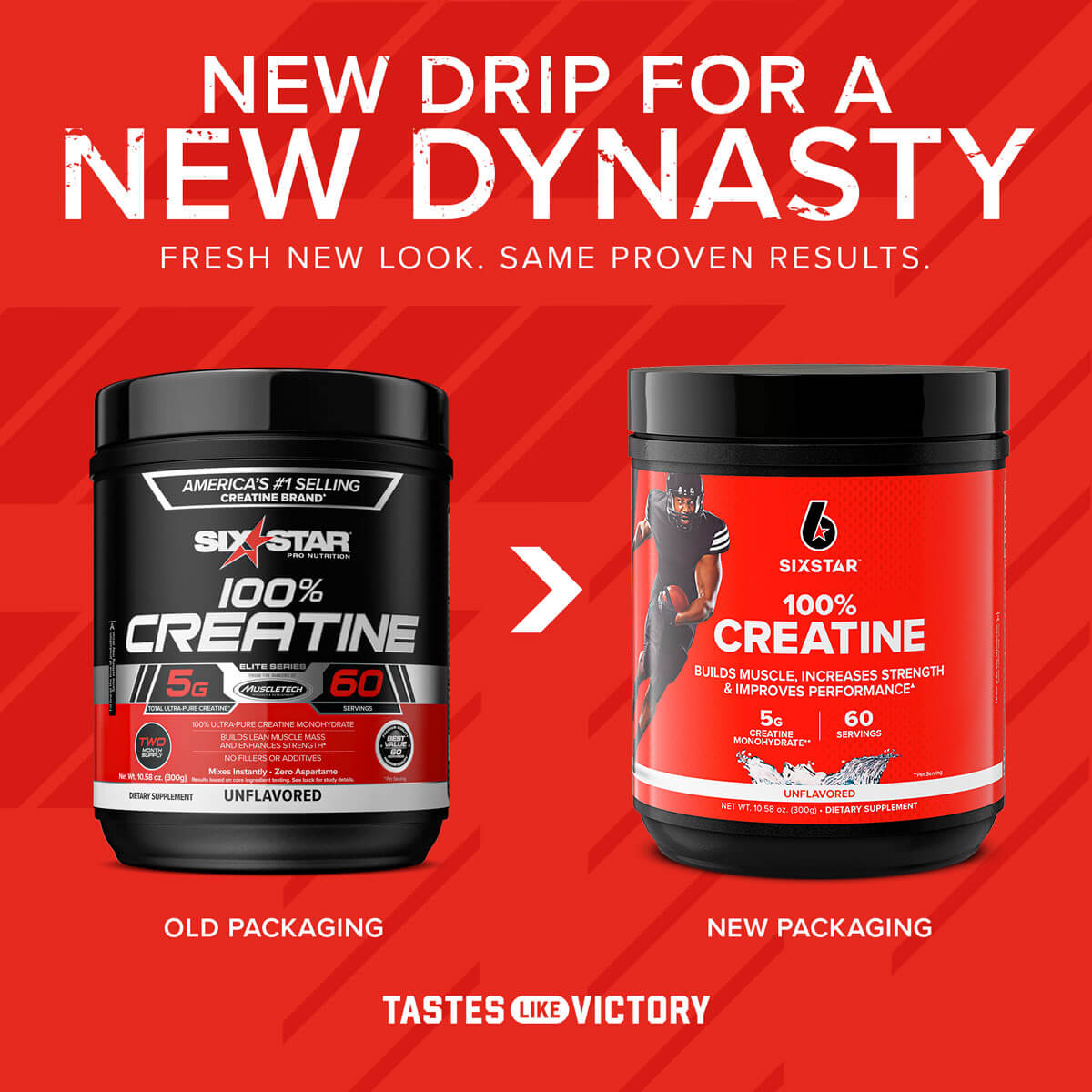According to the National Collegiate Athletic Association (NCAA), more than 480,000—nearly half a million students—compete at the college-level across dozens of sports every year and only a very small fraction of those (about 2%) make it to NCAA Division 1.
There are a lot of factors that determine how far you’ll make it in your sport including skills and knowledge, genetics, potential injuries, mental toughness, organizational systems, mentors and more. And sometimes, despite every best effort to improve and grow to play at an elite level, the road ends sooner than you’d like.
We spoke to two leading sports psychologists, Jim Taylor PhD, elite athlete turned psychologist and author of 19 books including Train Your Mind for Athletic Success and Nicholas Santino, Director of Coaching and Senior Mental Performance Coach at CEP Mindset Inc. in Toronto, Canada about what to do when you don’t make it in your sport. Here’s their best advice.
1. Focus on Now—And Less About the Future
SIXSTAR: What can athletes and athletes' parents do to better manage expectations and focus on what matters before they know whether they will make it or not?
Jim Taylor: A survey done a couple of years ago asked parents of high school varsity athletes whether their child would become professional or Olympic athletes, and 26% said their kids would. The actual statistic is if you were to put a decimal point to the left of a bunch of zeros and add a 1 or 2—that's the actual chance. I think our culture creates this idea that if every kid works hard, then anybody can make it. But it's not true. Obviously, genes play a very big part, as well as opportunity in terms of training, coaching camps and things like that. So it's not healthy to expect that kids are going to make it. It actually hurts because expectations put pressure on kids, and pressure doesn't help athletes perform their best.
What student athletes need to do is stay focused on love of the sport, and really just focus on being the best you can be now and let the future unfold. Predicting future athletic success is not only not an exact science—it's like a really bad art—because if you think about the major sports leagues, they spend billions of dollars to predict who is going to make it. And they're notoriously bad in both directions. Take Tom Brady, a sixth-round draft pick—as well as many first-round picks who were out within one year.
2. Have a Plan B
SIXSTAR: What can athletes do to best prepare for not making it and how can they bounce back and reframe when they don’t?
Nicholas Santino: Experience it proactively. This relies a lot on parents as well—making sure that their child—although they could be 100% bought into a dream, idea or goal—whatever it is, that they classify that. Being an athlete, at least at the collegiate level—if not beyond professionally or in the Olympics—[it’s important] that you have a sense of competence in something outside of that sport. You want to make sure that you could go to another realm in the world, do another skill that you’re relatively competent at and that you’re not a beginner in all things outside of your sport. What I find is the most problematic is that we get to a point where there is no plan B. It works for some people and it doesn’t work for others. But if you have no other skill sets—no other thing to offer the world—and no other competence where you can't feel like you can achieve something, where you can't feel like you add value to the world, then you’re going to be in a problematic spot.
Jim Taylor: I went to college after I realized I wasn't going to be the best. And I was fortunate that I was able to ski Division One and ski in NCAA Championships and actually win a national title one year. But my first year, I went to Middlebury undergraduate and I took a psychology class. The way I put it is that I didn't choose psychology, it chose me. And so in that next phase of life—and often it will be in college of some sort—is to explore all the different opportunities in different classes and subjects and so on. And hopefully you can find a new passion. It doesn’t always happen right away, but if you're open to it and you give yourself the opportunity to experience a lot of different topics in school, then you can find that. And from then on, even though I still competed for several years after, my focus really was on my education and later on going to graduate school and getting my PhD.
3. If There’s No Plan B, See It as a Life Transition
SIXSTAR: And what if there really wasn’t a plan B—which happens?
Nicholas Santino:
The best thing to do is to zoom out and see this moment as just one of the many transition periods in your life. That's huge. By that point in time, let's say you're around 20 or so years old. If you don't make it to college, or maybe you're in college and you don't make it to the next level and you very much were solely focused on that and maybe weren't too academically primed. Zoom out and think about a transition period you remember like elementary to high school or high school to university. What other transition periods are still to come? Do you plan on getting married? Do you plan on having kids? What does that look like? Looking at life in general and how these are natural parts of the process. It sucks that it's happening right now and it's going to be very painful right now. But try to embrace the idea that there are many kinds of transitions throughout life and this is the one that you have to bear at this moment. A larger perspective seems to help.
4. Take Action and Time for Self Exploration
SIXSTAR: Whether an athlete had a plan B or not—and now they’ve overcome the mental side of not making it—what are some action steps to take next for their next evolution?
Nicholas Santino: Next, is self exploration. Identifying what your values are and aren't—a real deep peel of what I call the mental onion. Get very clear. The reason I like the values exercise is you want to respect that the thing that you love so much—the sport itself, whatever sport that is—is just an expression of a fundamental need and a fundamental value, purpose, principle and core belief. Most individuals don't take the time to spend multiple weeks analyzing the different things they value and why they value it. Let's say basketball. If you're a basketball person, you just think, “I love basketball”, and that's what’s important to me. But really, it's not. It's the expression of things that are important to you. Fundamental things, like being a valuable part of a team, having a sense of competence and autonomy in your life, like being physiologically healthy. There are all these fundamental human needs that are being nourished and developed throughout this kind of participation within that sport.
Understanding that this was something but not the thing. And without it, that means I could find something else or a different role within that setting that will allow me to still tap into those same values. Will it ever be the same? No. And the reality is you're not just transitioning out of a job, a relationship or an academic setting. You're transitioning out of something that you started when you were very young. There are a lot of dreams and childhood magic involved—and a lot to lose. So it's quite a difficult thing. But that's the key. Peel back, see your sport—let's say basketball—as an expression of your core values. Understand your core values and start to explore different ways that you could nourish those values and provide that for yourself.
5. Focus on Your Experience—And What it Brought and Taught You
SIXSTAR: What’s your best advice for looking back on an ended sports career now and later in life in the healthiest way possible?
Jim Taylor: First of all, really reflect back on the experience of the journey. I’ll use myself as an example. I grew up in New England and I wanted to be the best slalom alpine ski racer in the world—however unlikely that was going to be. I went to private schools just for ski racers in Vermont, and I worked unbelievably hard, and I made it pretty far world ranking bottom the US Ski Team. But I realized at 19 that I was not going to be the best slalom ski racer in the world. Was I disappointed? Sure. But did I have any regrets? No, for a couple of reasons. Great travel, all the life lessons I learned from being a high-level athlete and meeting great people. And basically what I did was I took everything I learned as an athlete in terms of motivation and confidence and dealing with pressure and resilience and I shifted my goals from wanting to be the best ski racer in the world to being the sports psychologist for the best ski racers in the world—and other athletes.
The bottom line is very few are going to make it but that doesn't mean that the journey was a waste of time. For the vast majority of young athletes, it's the lessons that they learn along the way that they apply to the rest of their lives, education, career and relationships. Acknowledge that if you don't make it, you'll be disappointed—but you get over that. The important thing is to be able to look back with no regrets. Look back with great pride and focus on the overall experience and all the wonderful things that came out of it.

